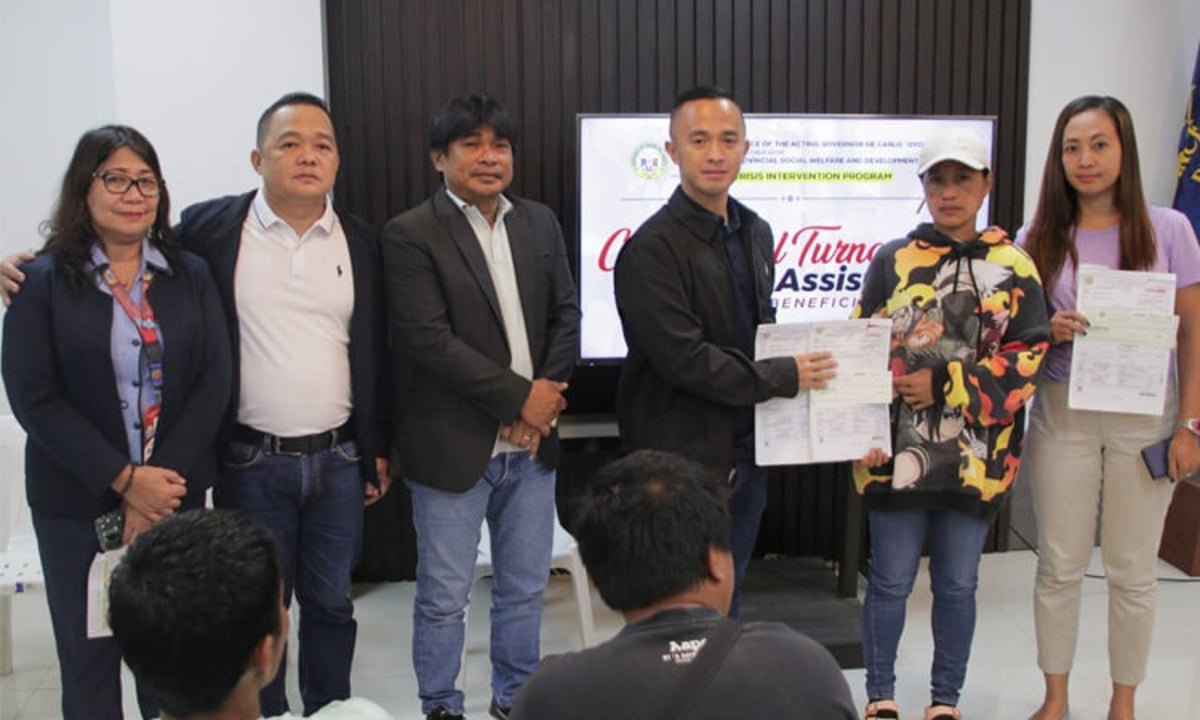One of the lessons that Filipinos can learn from the pandemic is to be prepared financially, or at the least have adequate savings and a low level or no debt at all. In short, Filipinos should start becoming financially literate.
However, the Bangko Sentral ng Pilipinas (BSP) 2021 Financial Inclusion Survey showed that only 2 percent of Filipinos are able to answer all six basic financial literacy questions, while 69 percent correctly answered half of the six questions.
The BSP survey also showed that only 42 percent of respondents correctly identified the effects of inflation on their purchasing power.
Furthermore, the Philippines ranked poorly or was at the bottom 30 out of 144 countries in terms of financial literacy, according to a global study by S&P Global Ratings.

Money is also sensitive topic among Filipino families, and the faulty “bahala na” attitude has led many Filipinos to keep spending and not think of the future.
Those facts show that clearly, there is a need for Filipinos to learn financial literacy, which Investopedia.com defines as “the ability to understand and effectively use various financial skills, including personal financial management, budgeting, and investing.”
BSP-BDO partnership
To educate more Filipinos on financial literacy, the BSP and BDO Foundation forged a partnership in November 2023 to develop a nine-module interactive financial education (FinEd) online course, which can be made accessible through mobile devices this year.
BDO Foundation president Mario Deriquito said the online learning course aims “to enhance the financial literacy and financial health of our partners, stakeholders, beneficiaries, and the public.”
The FinEd e-Learning Course includes subjects like financial planning, saving and budgeting, debt and investment management, digital financial literacy, fraud, and scam prevention, the Personal Equity and Retirement Account (PERA), and financial consumer protection.
BPI’s efforts
For its part, the Bank of Philippine Islands (BPI) partnered with Personetics in November last year to execute the bank’s advanced personal financial management (PFM) strategy.
Personetics is a global leader in financial data-driven personalization and customer engagement.
Prior to that, BPI launched the Track and Plan tool on the new BPI app, which analyzes financial activities of individual users on the app and shares personalized insights on spending habits.
To achieve BPI’s goal of enhancing customers’ financial well-being and strengthening their financial literacy, the BPI Track and Plan uses Personetics’ artificial intelligence-powered and advanced data analytics solution to create personalized recommendations for over four million active digital customers, based on each individual’s financial transactional data.
“Personetics is an ideal partner in providing our customers with the tools and direction they need to become more involved and active in shaping their own financial future,” said said Fitzgerald Chee, Head of Consumer Platforms at BPI.
The BPI Foundation is also promoting its “FinEd Unboxed,” which is a customized financial education program that seeks to improve the financial capabilities of Department of Education teaching and non-teaching personnel, uniformed personnel, and migrant domestic workers and their families.
NEDA responds to the challenge
Another government agency that is spearheading efforts to increase the number of Filipinos who are financially literate is the National Economic and Development Authority (NEDA).
In June last year, NEDA signed a multi-party memorandum of agreement to institutionalize a curriculum that will help students achieve financial independence.
NEDA said the agreement seeks to establish the “Personal Finance 101: My Peso and I” curriculum as a three-unit elective course for selected higher education institutions (HEIs) nationwide.
The agency’s partners in the initiative are the BSP, Commission on Higher Education (CHED), BPI Foundation, and members of the Financial Sector Forum (FSF), such as the Insurance Commission, Philippine Deposit Insurance Commission, and Securities and Exchange Commission.
Through Personal Finance 101, students can learn the basics of financial planning tools and techniques, as well as develop analytical skills to make crucial financial decisions regarding savings, credit, investments, insurance, and retirement planning.
“Financial literacy has been identified as a major strategy to broaden and deepen financial inclusion,” NEDA Undersecretary for Policy and Planning Rosemarie Edillon said.
For those who want to learn more about financial literacy and investing, these books highly recommended: “The Psychology of Money: Timeless Lessons on Wealth, Greed, and Happiness” by Morgan Housel, ”The Millionaire Next Door” by Thomas J. Stanley and William D. Danko, and “The Richest Man In Babylon” by George Samuel Clason.










